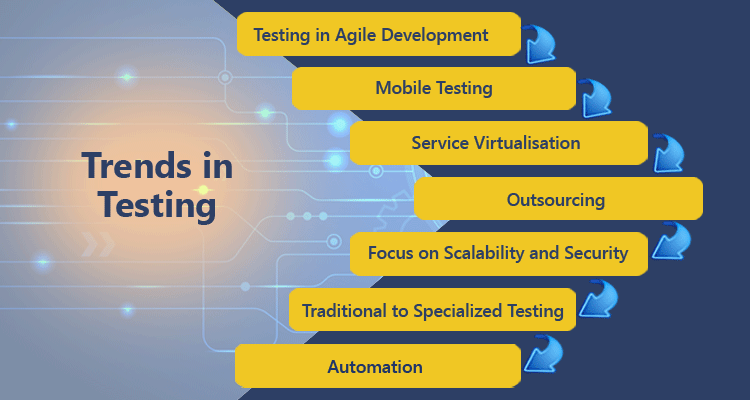Mobile apps testing

Types of mobile apps are:
1) Native apps:-Native apps are advanced for a different mobile platform using appropriate programming languages and technologies
2) Hybrid application: (hybrid app) is one that combines elements of the pair native and Web applications.
3) Web apps: Are hosted on web browsers, and are necessarily websites that look like native apps. However, instead of installing the application to the device’s home run, like a native app, users interact with the app complete a web view.
Group of Mobile App Test, Testing Team Needs to posses are!!!
Functional Testing:
The use of a mobile application would be tested former to release. Whatsoever a mobile app’s main purpose is to be tested for exceptions.
Functional testing is
Performance Testing:
Mobile load, stress testing, and performance monitoring is needed. Users will not wait for a bumbling UI nor do they have to. Quickly they can and will move on to challenger. If the Uber app is down, users can
Usability Testing and User Acceptance Testing:
UAT and Usability Testing (UT) may flawless similar, and while both are essential, they are not identical. UAT satisfy appearance are meeting functional element, whereas UT helps verify features are meeting expectations from end user’s perspective.
How to Run a Mobile WiFi Speed Test on your smartening
Running a WiFi speed test on your smartphone is a simple task. Most favorable are the speed check that runs in your phone’s mobile web browser. Just follow the transparent on-screen cue to begin the test. If the online test doesn’t save your results, take a scratch out after the finished test to provide a past.
Some tests are available as apps for both the iOS and Android platforms. To use these, download the app you want. Then follow the instructions to run the test, and save your result.
Database Testing
There are different ways you can store data in Mobile Apps. In case of Android, you may choose to store your data over server, shared Preferences or SQLite.
SQLite is a lightweight database which is commonly used in Android and other operating systems as well. In order to view data in SQLite, you may need to root the device or you can use emulators for testing. There are some tools in Android Play-store which would help you extract data from this database.
Recovery Testing
Recovery testing is the activity of testing how well an application is able to recover from crashes, hardware failures, and other similar problems. Given below is the checklist for Recoverability testing.
Appium is an open-source test automation framework for testing native, and hybrid apps and mobile web apps. It drives iOS and Android apps using the WebDriver protocol.
Advantages of Appium
It’s in the Selenium 3 spec so should be future proof.
- It supports both Android and iOS.
- It does not require anything to be installed on the device – no server or code changes required.
Closing Notes!!
It is a digital world, and all Generations have embraced the mobile revolution. It’s no surprise that millennials are leading the way …Hence we need to ensures the apps fetched on these mobile devices are working fine and good with all specifications.

